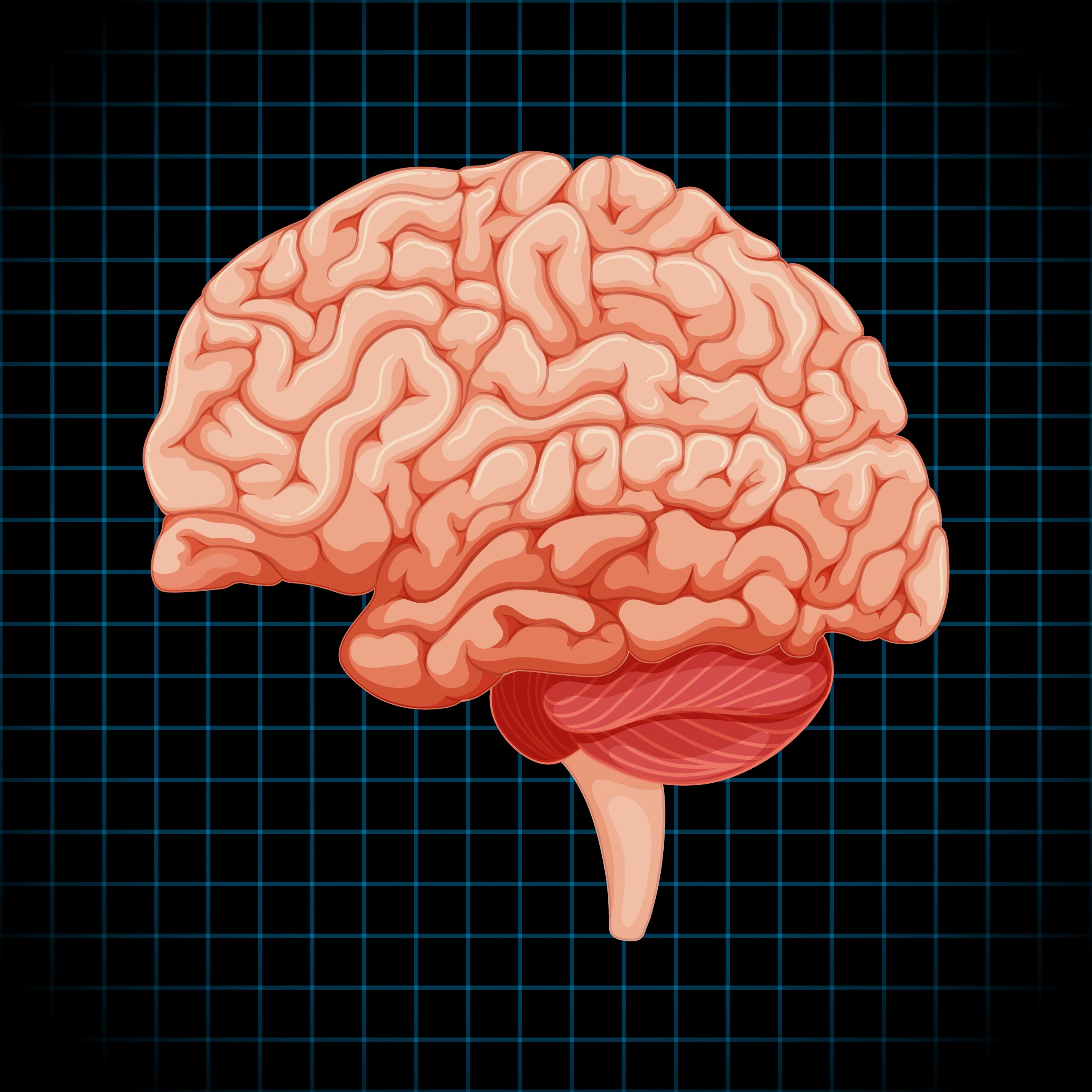

Neurons in the brain generate rhythmic patterns of electrical activity. One of the unanswered problems in neuroscience is what generates these rhythmic signals, known as oscillations. Researchers at the University of Arizona discovered that simply remembering experiences might trigger them, much more so than actually experiencing the event.
Theta oscillations, which develop in the brain’s hippocampal region during tasks such as exploration, navigation, and sleep, were especially studied by the researchers, whose findings were published in the journal Neuron. The hippocampus is important in the brain’s ability to remember the past.
Prior to this study, it was thought that the external world was more essential in triggering theta oscillations, according to Arne Ekstrom, senior author of the paper and professor of cognition and brain systems in the UArizona Department of Psychology. However, Ekstrom and his colleagues discovered that memory formed in the brain is the primary cause of theta activity.
“Surprisingly, we found that theta oscillations in humans are more prevalent when someone is just remembering things, compared to experiencing events directly,” said lead study author Sarah Seger, a graduate student in the Department of Neuroscience.
According to Ekstrom, the study’s findings could have implications for treating individuals with brain damage and cognitive impairments, such as those who have had seizures, strokes, or Parkinson’s disease. Memory may be utilized to generate stimulations from within the brain and drive theta oscillations, perhaps leading to memory gains over time, he said.
The study was co-authored by researchers from the University of Arizona and the University of Texas Southwestern Medical Center in Dallas, including neurosurgeon Dr. Brad Lega and research technician Jennifer Kriegel. The researchers enlisted the help of 13 patients who were being monitored at the center in anticipation of epilepsy surgery. Electrodes were inserted in the patients’ brains as part of the monitoring to identify occasional seizures. Theta oscillations in the brain’s hippocampus were recorded by the researchers.
The patients took part in a virtual reality experiment in which they used a joystick to navigate a simulated metropolis on a computer. The virtual reality experiment was paused when they arrived at the correct location. The researchers directed the participants to mentally explore the path they had just passed through and to imagine the place from which they began their journey. Theta oscillations during first navigation were then compared to individuals’ subsequent recollection of the route by the researchers.
The oscillations were less frequent and shorter in duration during the actual navigation procedure using the joystick than when participants were only envisioning the route. As a result, the researchers believe that memory is a powerful inducer of theta oscillations in humans.
Cognitive training and rehabilitation, according to Ekstrom, are one approach to compensate for reduced cognitive performance.
“Basically, you take a patient who has memory impairments, and you try to teach them to be better at memory,” he said.
Ekstrom intends to conduct similar research in freely walking patients rather than patients in beds in the future, to see how freely navigating compares to memory in terms of brain oscillations.
“Being able to directly compare the oscillations that were present during the original experience, and during a later retrieval of that, is a huge step forward in the field in terms of designing new experiments and understanding the neural basis of memory,” Seger said.
more recommended stories
 Pediatric Crohn’s Disease Microbial Signature Identified
Pediatric Crohn’s Disease Microbial Signature IdentifiedKey Points at a Glance NYU.
 Nanovaccine Design Boosts Immune Attack on HPV Tumors
Nanovaccine Design Boosts Immune Attack on HPV TumorsKey Highlights Reconfiguring peptide orientation significantly.
 High-Fat Diets Cause Damage to Metabolic Health
High-Fat Diets Cause Damage to Metabolic HealthKey Points Takeaways High-fat and ketogenic.
 Acute Ischemic Stroke: New Evidence for Neuroprotection
Acute Ischemic Stroke: New Evidence for NeuroprotectionKey Highlights A Phase III clinical.
 Statins Rarely Cause Side Effects, Large Trials Show
Statins Rarely Cause Side Effects, Large Trials ShowKey Points at a Glance Large.
 Anxiety Reduction and Emotional Support on Social Media
Anxiety Reduction and Emotional Support on Social MediaKey Summary Anxiety commonly begins in.
 Liquid Biopsy Measures Epigenetic Instability in Cancer
Liquid Biopsy Measures Epigenetic Instability in CancerKey Takeaways Johns Hopkins researchers developed.
 Human Antibody Drug Response Prediction Gets an Upgrade
Human Antibody Drug Response Prediction Gets an UpgradeKey Takeaways A new humanized antibody.
 Pancreatic Cancer Research: Triple-Drug Therapy Success
Pancreatic Cancer Research: Triple-Drug Therapy SuccessKey Summary Spanish researchers report complete.
 Immune Cell Epigenome Links Genetics and Life Experience
Immune Cell Epigenome Links Genetics and Life ExperienceKey Takeaway Summary Immune cell responses.

Leave a Comment